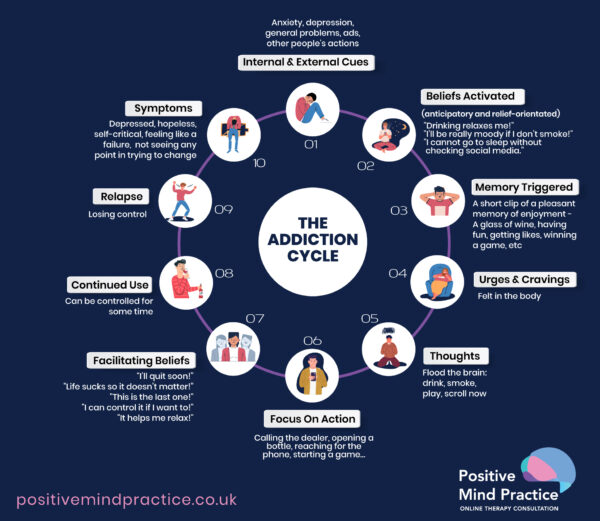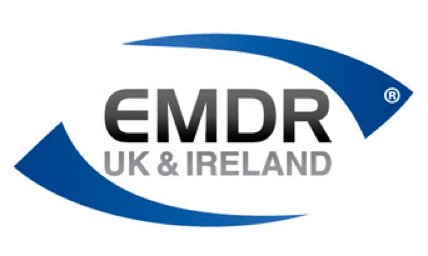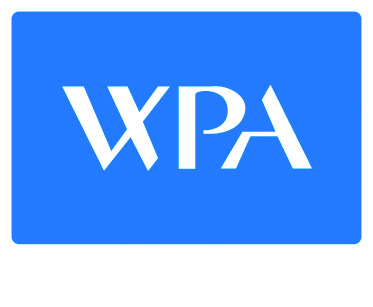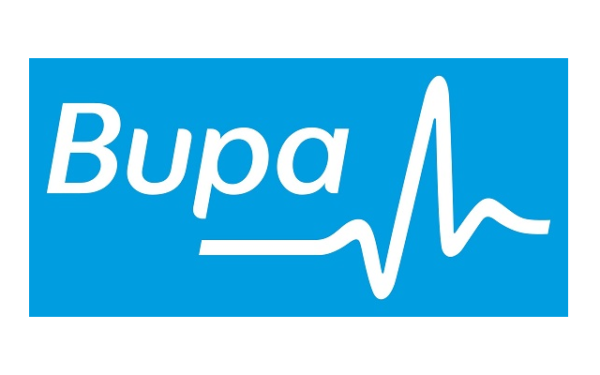When it comes to seeking self-help to support our mental health, the question of whether one needs a psychologist, psychiatrist, counsellor or coach is often the first stumbling block. Read more to find out what would be best for you.
Latest NewsCan CBT and EMDR Help With Addiction?

What is addiction?
Addiction is a combination of the mental and physical need for something. It’s activated by the reward system in the brain, which allows anyone to become addicted to anything.
Addiction can be divided into 3 parts:
- Mental – thinking about it, feeling obsessed
- Physical – some substances create physical dependence, or dependence on the activation of the reward system
- Behavioural – taking action to satisfy the feelings of cravings

What are the impacts of addiction?
Addiction can severely affect your life and have a negative long-term impact on life, including relationships and wellbeing. It’s a behaviour that feels as if it’s impossible to control.
Since it is possible to become addicted to anything, it’s better to have an addiction that leads to more positive consequences, such as a need for exercise.
It is only normal to seek out activities that makes us feel good and avoid activities that are frightening. However, different substances are often used as a coping strategy to block out, numb, “forget” painful memories, or to reduce anxiety and other uncomfortable feelings.
Who can get addicted?
Anybody can get addicted to anything, and anybody can manage their addiction if they wanted to.
When I hear people saying they have an addictive personality, I wonder whether this is just a way of justifying the situation without being able to take personal responsibility for it (“it’s my personality, nothing to do with my actions!”)
Yes, it is true that there are individual physiological differences in the secretion of certain hormones, however, this does not mean that people cannot take responsibility for their actions and feelings.
The reality is that anybody can get addicted.
Sugar and fats are highly addictive foods in a similar way to mind altering substances.
Experiencing physical or mental pain, or constant anxiety can lead to alcohol consumption (both high in sugar and mind-altering) and drug taking (both prescription or illegal).
I often have patients saying that they initially started taking substances just to alleviate the feelings of anxiety, pain or to sleep better, but as the body builds up tolerance the addiction can settle in unnoticed.
Can CBT help with addictions?
Yes, it can! CBT is a trialled, tested, and rigorously researched technique that can be very effective. In CBT the deeper reasons that cause addiction are investigated.
You will see below a map that has been drawn out by researchers. It explains how thoughts can be triggered by an internal or external event.
When a triggering event happens, it is then important to notice that the body physiologically responds with a little short “memory movie clip” of the positive experience from the last use, or the feelings during the activity (which increases the craving). It then becomes almost impossible to resist taking action.
CBT can help by replacing the positive “memory movie clip” with a negative one, for example thinking about the hangover, the cramps, the guilt, and other bad consequences of this addiction.
You can read more about CBT here.
Can EMDR help with addictions?
Yes, it can! EMDR therapy might be good to target an old trauma, fear, or phobia (past trauma is often the reason for addiction). I would suggest a combination of CBT and EMDR.
You can read more about EMDR here.
I believe that with the right therapy everyone could overcome their addition, whatever it is.
If you would like help with your addiction, contact us on https://positivemindpractice.co.uk/contact/

Sign up below to hear more from us!
How we can help you Related News & Advice
Not sure what you’re looking for?
Arrange a chat with our specialist team
Awards, Accreditations & Partners
Our therapists are accredited with the following UK and EU boards:
We are also able to accept clients who are insured by AXA, WPA and BUPA
*Please enquire for all other insurance companies*






